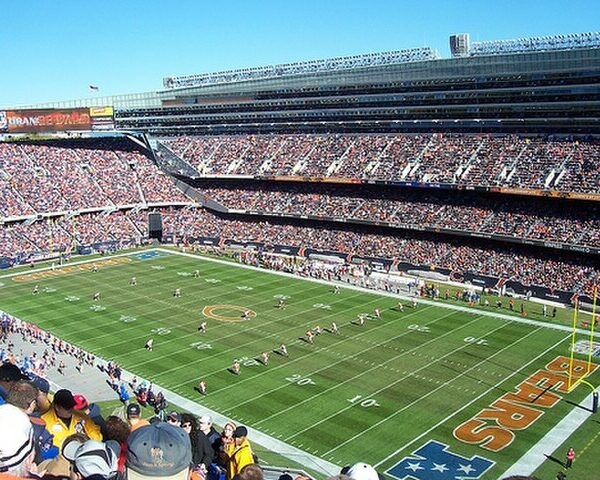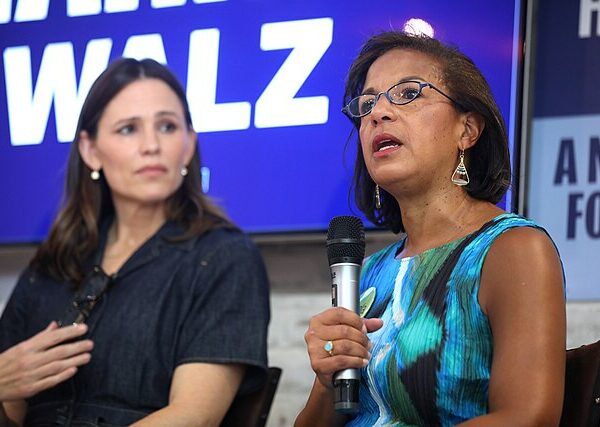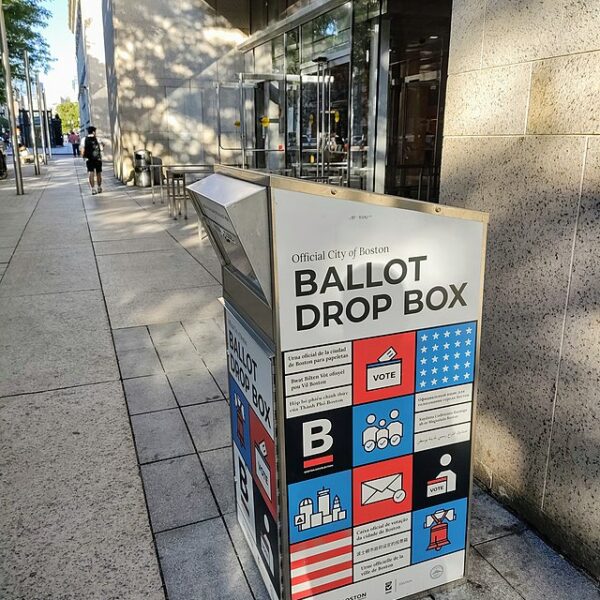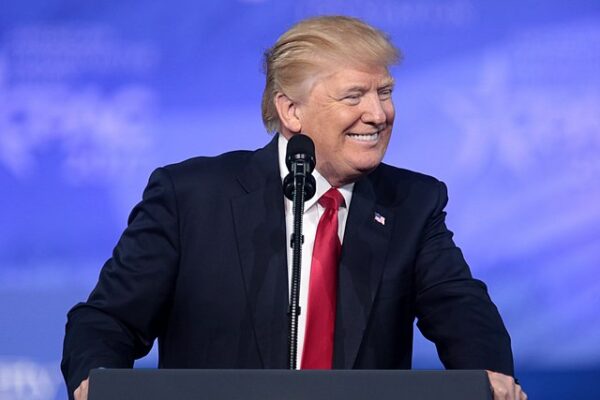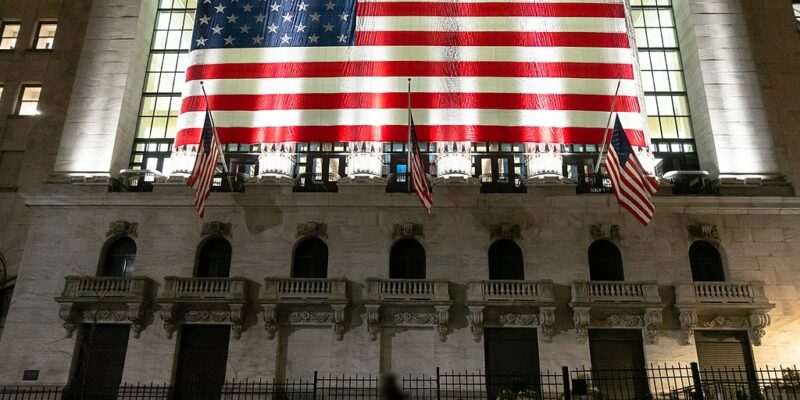
The economy doesn’t look robust moving forward, and that means a word that defined the Obama era is making a comeback. Unexpectedly. According to the media, this thing that everyone living in the real world expected, that Biden’s stifling of domestic energy, blundering COVID response, and obsession with inflationary spending and tax increases, along with other regulations, would hurt the economy, is just super surprising.
The pearls are being grasped by the mainstream media. Here are the headlines from today’s reporting on the slowing of GDP growth over the past quarter.
Yahoo Finance: “US GDP unexpectedly contracted at a 1.4% annualized rate in Q1”
Bloomberg: “U.S. Economy Posts Surprise Contraction, Belying Solid Consumer Picture”
The Guardian: “US economy saw ‘unexpectedly severe’ drop in first three months of year”
CNBC: “Treasury yields rise even after an unexpected decline in GDP”
Credit to Washington Post, they didn’t put it in the headline, they instead changed it up and put it in the lead sentence. “The U.S. economy unexpectedly shrank at a 1.4 percent annualized rate in the first three months of 2022 after more than a year of rapid growth, according to a Bureau of Economic Analysis report released Thursday. The new data could fuel growing concerns about a recession amid steady inflationary pressures and uncertainty over the war in Ukraine.
The slowdown — the first since the covid recession ended in April 2020 — marks a reversal from the torrid pace that followed intense fiscal and monetary stimulus in the wake of the pandemic. Last year, for example, the U.S. economy grew by 5.7 percent, the fastest full-year clip since 1984.
Among the factors dragging down the economy at the beginning of 2022 were a reduction in retailers’ inventory purchases and a growing gap between U.S. exports and imports, Swonk said. The country’s trade deficit for goods — the difference between incoming and outgoing products — widened to a record high in March, the Commerce Department reported this week.
One of the economy’s biggest pressure points is inflation. Prices have risen 8.5 percent in the last year, posing a defining challenge for the Biden administration and Federal Reserve. The central bank last month began raising interest rates in hopes of slowing the economy enough to corral prices, and Democrats are exploring new policies they hope could address high gas prices.”
The use of “unexpected” when the economy hits a downturn is a perfect example of latent media bias and the self-fulfiling prophecies stated by liberal experts who lack any humility to question their own beliefs. It’s used as a way to deflect blame from liberal policies, and lets Democrats off the hook for being bad at their jobs.
It’s why gas prices skyrocketing get cynically blamed as “Putin’s price hike” rather than having anything to do with Biden’s stifling of oil drilling in the United States.
It’s why the increased cost of groceries gets blamed on “greedy grocery stores” rather than inflation driven by the national debt more than doubling over Nancy Pelosi’s two tenures as Speaker of the House, the chamber in charge of taxing and spending.
For much of the media, anything negative that happens under a Republican is the Republican’s fault. Still, anything negative that happens when Democrats are in charge is the “unexpected” outside force.
Though, sometimes they do the “unexpected” technique in reverse, such as CNBC in June of 2020’s election year: “Trump caps chaotic week with a victory lap over better-than-expected jobs report.”
So surprising.
[Read More: Guess Who Thinks He’s The Next Speaker]

